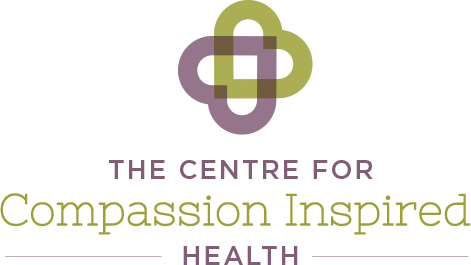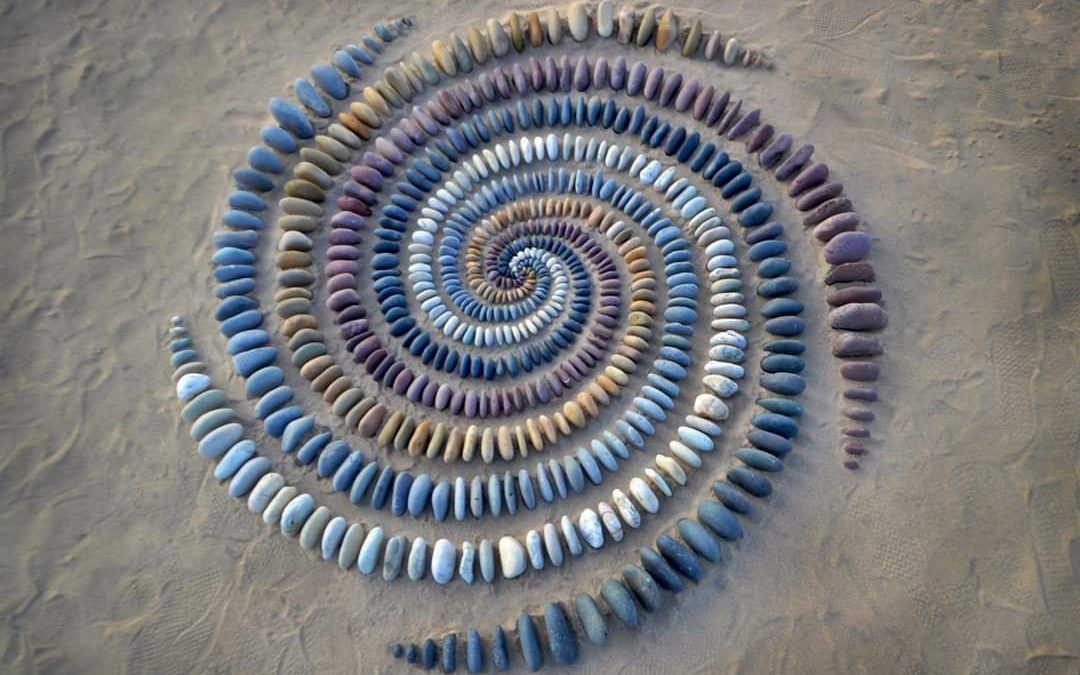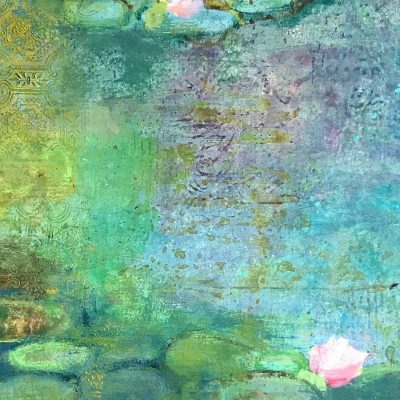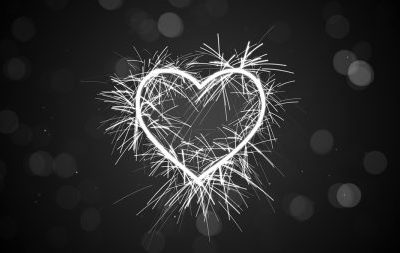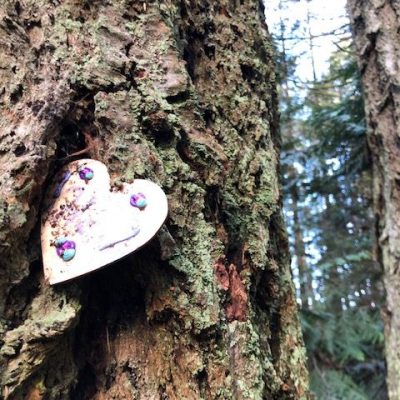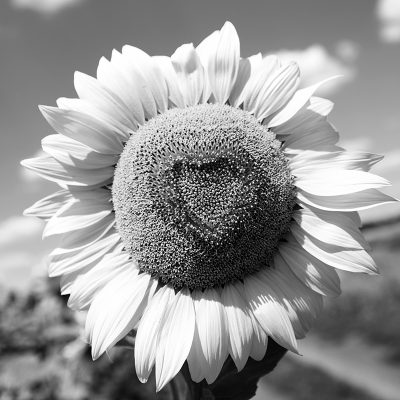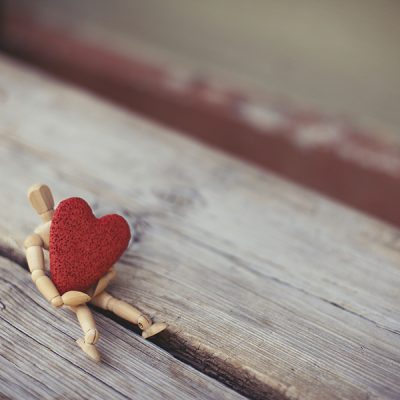A regular journaling practice can be a key support to your growing personal awareness and growth. There are a variety of formats and mediums that you can choose from. Which is best? Ultimately, the best format for you is the one you’ll enjoy doing. Here is a list of options suggested by The Centre for Mindful Self-Compassion, Community for Deepening Practice:
-
A dedicated journal can be bought or hand made and is absolutely great for this course. What’s helpful is to find a journal that pleases you to interact with. And don’t underestimate the importance of a pen that flows nicely and is a pleasure to write with.
-
If you wish to journal visually, art journals are generally larger, and their bindings lie flat (as in coptic-bound journals) to allow full creative expression across a spread. A simple sketchbook will also do nicely.
- An active gratitude journaling practice can help you to cultivate greater awareness of the goodness in your daily life via your journal. Read some of the many tangible benefits of gratitude here.
-
Bullet journals and list journals may also be great options for those who have a more minimalist approach to journaling.
-
Unsent letter journaling. Writing to others (or yourself!) is a helpful way to access various perspectives and clarity on your experience.
-
Prefer to type your journal entries? You may already have a favourite journaling app or blog. If not, there are a number of digital platforms for journaling that may appeal, such as the DayOne app.
-
Morning pages. A powerful daily technique pioneered by Julia Cameron, author of The Artists Way.
-
Photo journaling: You may wish to use photography in response to contemplation questions or personal inquiries during the course. This can be done digitally, via an app (Instagram, for instance) or other program on your computer.
-
Video journaling. You may wish to record a scene around you in response to a course prompt. You may also wish to video yourself speaking your response to a prompt, contemplation, or experience.
-
Songwriting can be a natural and powerful form of journaling for some.
-
Movement journaling. For those who relate with dance or other forms of movement as powerful modes of expression, you may consider this type of journaling in response to a particular contemplation or experience. Video record your expression if you wish to reflect privately on it later.
- Self-compassionate letters. Your journal practice can consist entirely of compassionate letters to yourself about topics you are grappling with.
Whatever you choose, we encourage you to let it be simple, fun, and easy.
